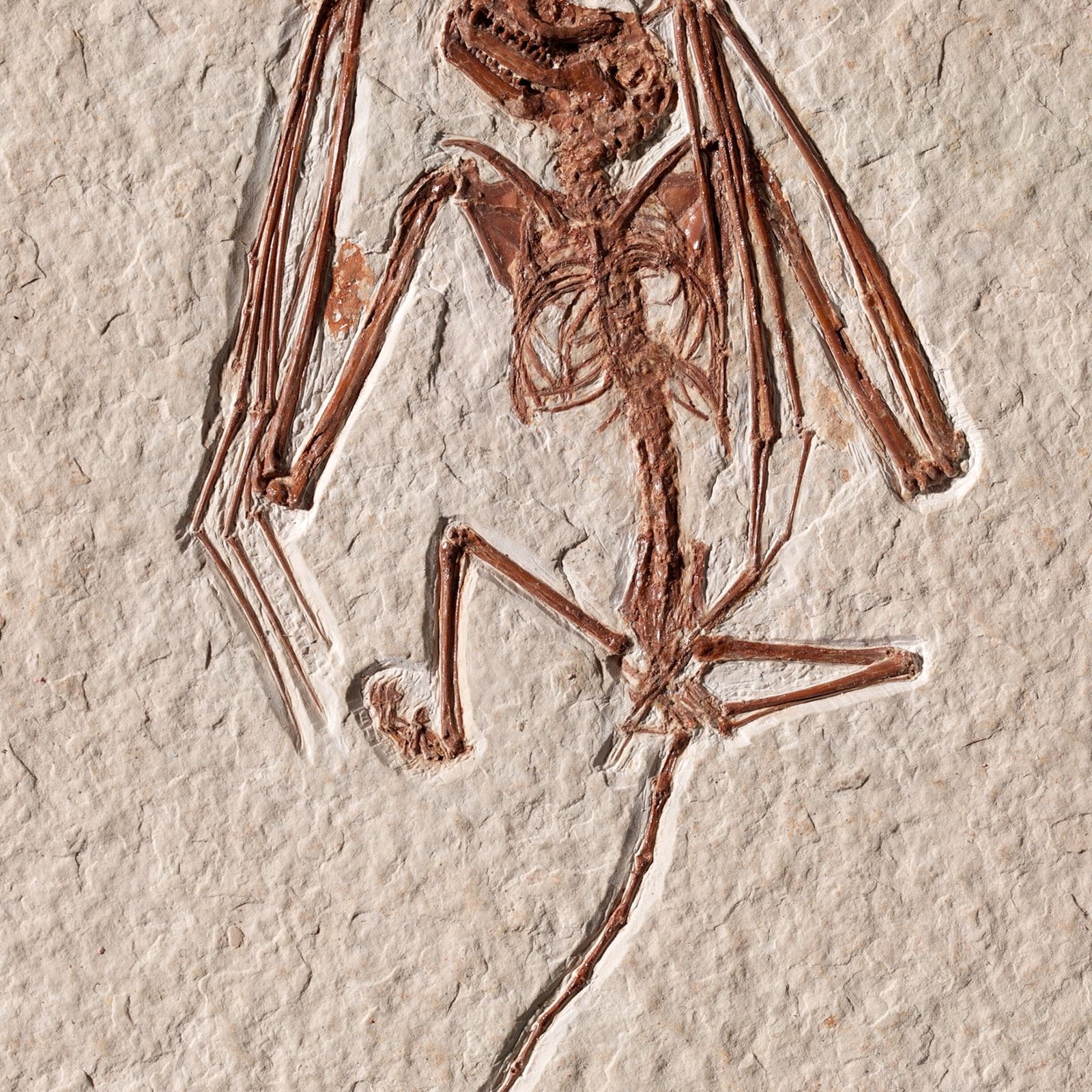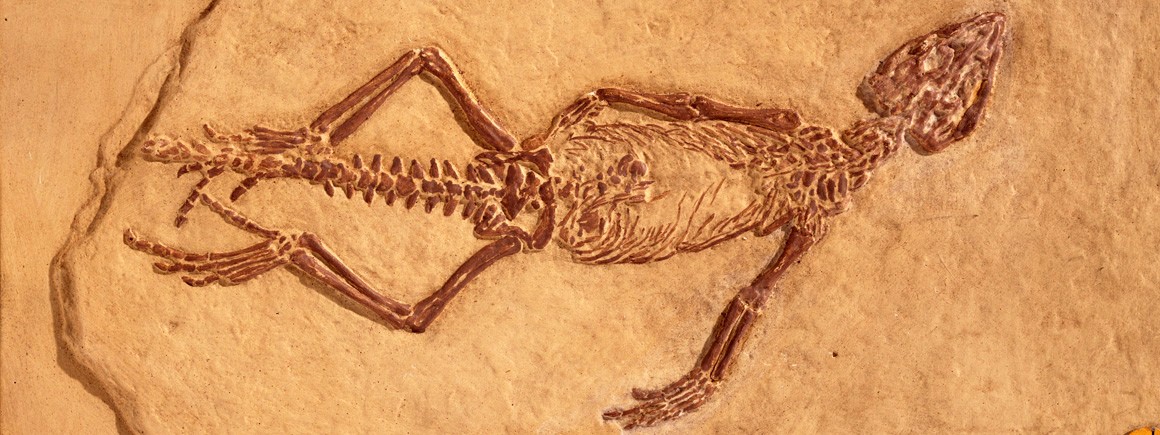this post was submitted on 25 Jan 2024
19 points (100.0% liked)
Palaeontology 🦖
928 readers
14 users here now
Welcome to c/Palaeontology @ Mander.xyz!

🦖 Notice Board
- 2023-06-23: We are looking for mods. Send a dm to @fossilesque@mander.xyz if interested! This is a work in progress, please don't mind the mess.
🦖 About
Paleontology, also spelled palaeontology[a] or palæontology, is the scientific study of life that existed prior to, and sometimes including, the start of the Holocene epoch (roughly 11,700 years before present). It includes the study of fossils to classify organisms and study their interactions with each other and their environments (their /c/paleoecology. Read more...
🦖 Rules
- Don't throw mud. Be kind and remember the human.
- Keep it rooted (on topic).
- No spam.
🦖 Resources
- Smithsonian's Paleobiology website
- University of California Museum of Paleontology
- The Paleontological Society
- The Palaeontological Association
- The Society of Vertebrate Paleontology
- The Paleontology Portal
- "Geology, Paleontology & Theories of the Earth" – a collection of more than 100 digitised landmark and early books on Earth sciences at the Linda Hall Library

🦖 Sister Communities
- !anthropology@mander.xyz
- !archaeology@mander.xyz
- !biodiversity@mander.xyz
- !earthscience@mander.xyz
- !folklore@mander.xyz
- !geography@mander.xyz
- !geospatial@mander.xyz
- !history@mander.xyz
- !houseplants@mander.xyz
- !microbiology@mander.xyz
- !old_maps@mander.xyz
- !palaeoecology@mander.xyz
- !palaeontology@mander.xyz
- !plantid@mander.xyz
- !scicomm@mander.xyz
- !science_memes@mander.xyz
- !soilscience@slrpnk.net

founded 2 years ago
MODERATORS
you are viewing a single comment's thread
view the rest of the comments
view the rest of the comments
What I understand this to mean is that the editorial staff of these journals rejected the paper.
After the scientist decides to submit a paper for publication to a specific journal, the paper will first reach the editorial staff. The staff will look at the paper and assess whether they want to submit the paper to peer-review. At this stage they can reject the paper for a number of reasons - they may think that the research is not relevant enough to the journal's focus, too narrow or too broad in scope, that it does not meet their quality standards in some metric, etc... This is a first filter.
The editorial staff might have a scientific background but they are generally not experts in the specific field, and so a rejection at this stage does not necessarily reflect the quality of the underlying science which they might not be able to assess. That's where peer-review comes in. If the editorial staff likes the paper, they will submit it to experts that should have experience specifically relevant to the research described in the paper for peer-review. This process consists of a back-and-forth between the authors and experts in the field, with the editorial staff acting as intermediaries. The editors will then take into consideration the back-and-forth between authors and peer-reviewers and they will determine whether to accept or reject the paper.
You can look at an example of the description of this process from Nature here: https://www.nature.com/nature/for-authors/editorial-criteria-and-processes. Nature is an example of a high-impact journal that will usually reject papers if they deem them to be too narrow in scope, not novel enough, or if the paper does not meet a very high standard of quality.
An especially relevant paragraph from this page is the following:
Thank you very much for taking the time to give this detailed of an explanation.
No problem!